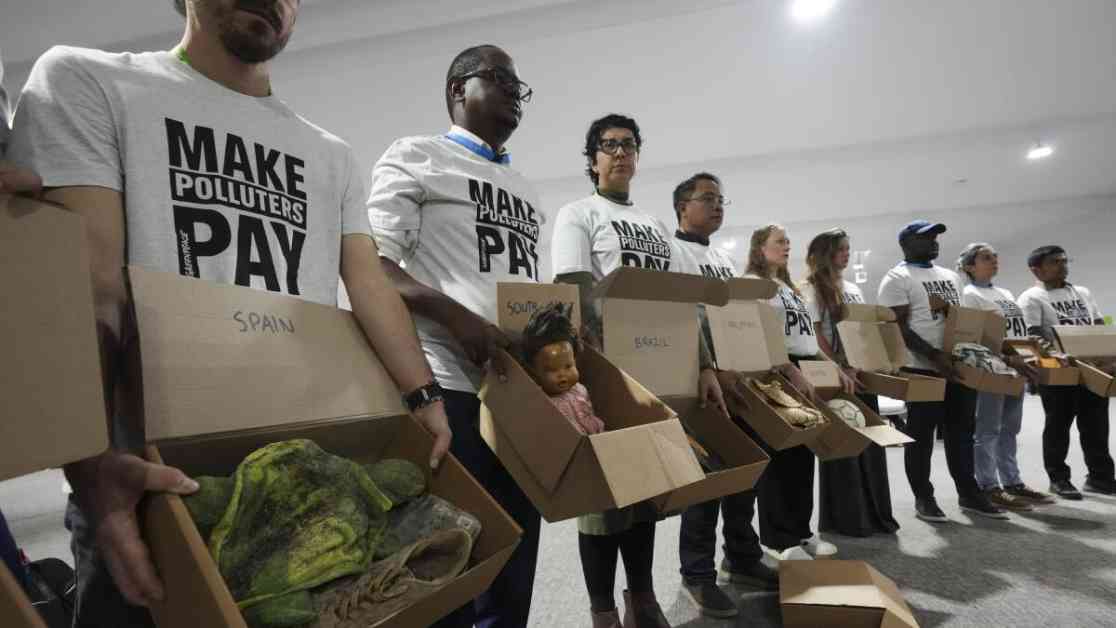Amidst all the chaos in the world, such as the United States’ authoritarian shift and conflicts in various regions, it’s easy to overlook the crucial United Nations climate talks happening in Baku, Azerbaijan. World leaders are meeting for COP29, tasked with executing commitments to reduce fossil fuel usage to combat the growing climate crisis.
Negotiations at the summit focus on raising up to $1 trillion annually in climate finance to support developing nations most affected by climate change. These countries, despite contributing minimally to pollution, face severe consequences. Wealthy nations, responsible for the crisis, are hesitant to increase financial support.
As the conference nears its end, the U.N.’s climate chief criticizes negotiators for delays and political games. Despite last year’s agreement to transition away from fossil fuels, progress has been minimal. The talks, held in a petrostate for the third time, are influenced by fossil fuel lobbyists, and some nations and corporations backtrack on climate commitments.
The backdrop is further complicated by the presence of Donald Trump, known for denying climate science. His Cabinet choices, like Energy secretary pick Chris Wright, cast doubt on the administration’s commitment to climate action. However, the urgency of reducing greenhouse gas emissions remains paramount to combat the warming planet.
2024 is projected to be the hottest year on record, with carbon emissions steadily rising. The Earth has already warmed significantly since the preindustrial era, leading to more extreme weather events. Despite these challenges, there is hope in the increasing adoption of electric vehicles and renewable energy sources.
The transition to a cleaner energy system is underway, with renewable energy accounting for a significant portion of global energy generation. However, world leaders must accelerate this shift to meet rising energy demands. Every effort to reduce emissions can mitigate the impact of climate change and prevent further damage to the planet.
While setbacks and failures in climate action are discouraging, the fight against climate change must continue. Every action taken to reduce pollution and limit global warming can make a difference in averting the worst-case scenarios. By acting decisively and swiftly, we can shape a more sustainable future for generations to come.



























